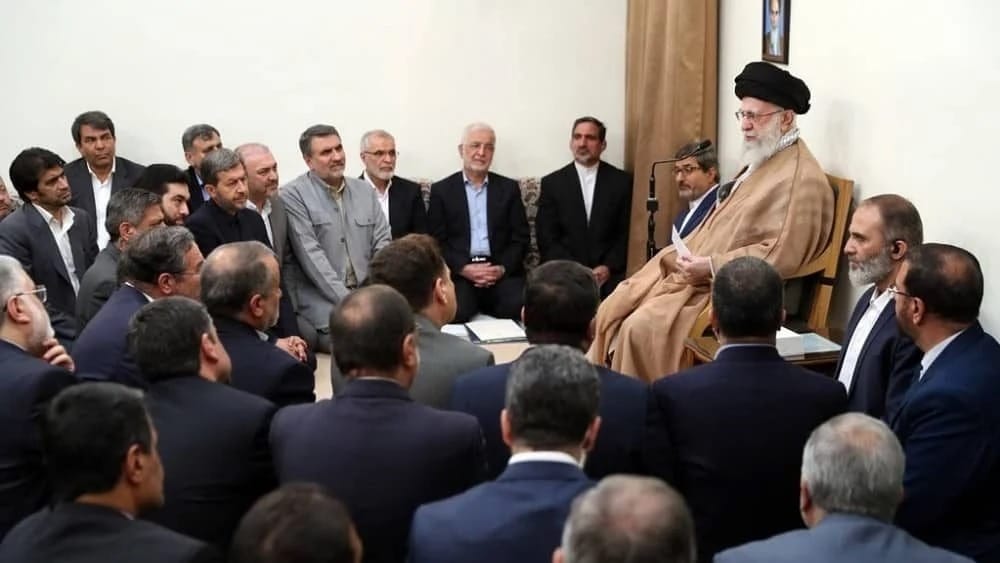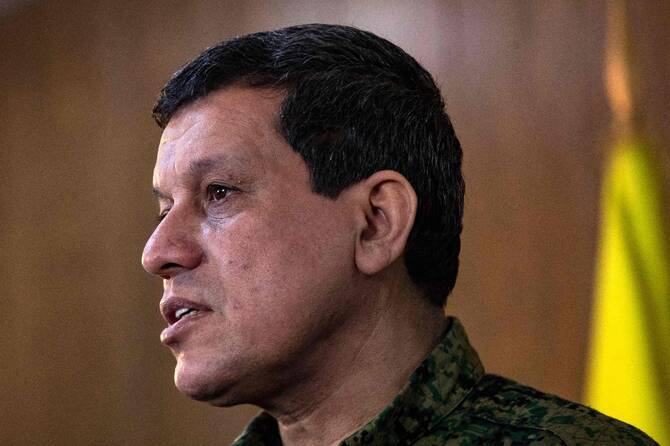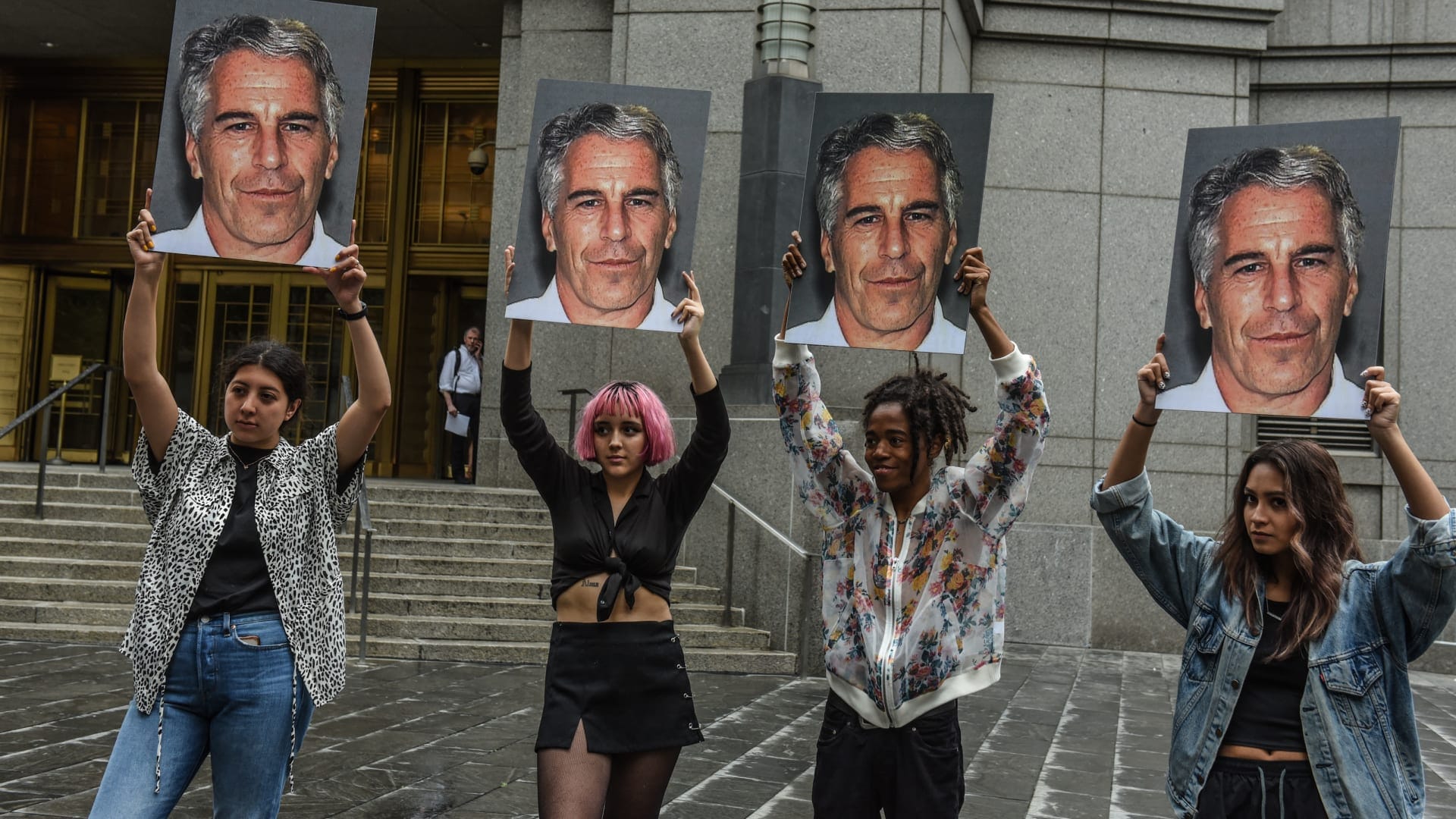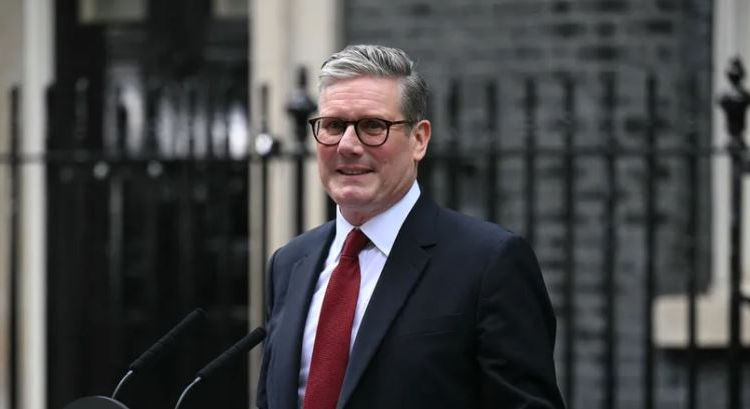Khamenei’s Plea to “Listen to the People” Reveals Fear, Not Confidence, Amid Nationwide Protests in Iran

In a rare tone of urgency masked as advice, the Iranian regime’s Supreme Leader Ali Khamenei has called on officials to “go among the people” and “listen patiently, even if their words are harsh.” But this uncharacteristic appeal is less a sign of openness—and more a veiled admission of crisis.
“Be warm with the people. Go among them. If they speak harshly, listen with patience,” Khamenei told a gathering of governors and Interior Ministry officials on June 7. “If this happens, people will develop affection for you, and in critical times, they will help you.”
But this sudden push for face-to-face interaction comes as a wave of strikes and protests sweep across Iran—from truckers and bakers to teachers, retirees, and workers in over 135 cities. Fuel shortages, electricity cuts, and the soaring cost of living have pushed large segments of the population into the streets. In response, the regime has relied not on listening—but on arrests, threats, and bullets.
Khamenei’s rhetorical shift is telling. For over four decades, he has portrayed dissenters as foreign agents, “misled by the enemy,” and has consistently painted the clerical dictatorship as enjoying unified support. Now, the very same leader urges officials to “tolerate” public frustration—a clear indication that even his tightly controlled intelligence channels can no longer deny the boiling rage of society.
Still, Khamenei attempts to frame this crisis in inverted logic. “There’s no special issue in the country—no war, no disease, no major security threat, no intense political infighting,” he claimed, while declaring that “the country is full of opportunities.” But this denial stands in stark contrast to Iran’s reality: rampant inflation, record-high youth unemployment, violent crackdowns, and a regime that has become ideologically, economically, and morally bankrupt.
Perhaps most cynically, Khamenei once again recycled his metaphor of “the seven-headed dragon of corruption”, stating, “It cannot be eliminated easily. We must continue fighting it.” Yet he dismissed widespread allegations of systemic corruption as a “lie” and insisted, “The system is healthy.”
That statement is betrayed by fact. Billions of dollars have vanished in scandals tied to institutions under Khamenei’s direct control—the Execution of Imam Khomeini’s Order (EIKO), the IRGC’s financial empires, Bonyads, and the Supreme Leader’s own office. The real “dragon” is not external; it lives and breathes at the apex of the regime itself.
Even Khamenei’s warnings to officials to “avoid personal business” during public service are hollow. Dozens of regime-appointed governors and bureaucrats have accumulated lavish properties, foreign scholarships for their children, and no-bid contracts in oil, construction, and import monopolies—all shielded from oversight.
And while Khamenei advises “presence among the people,” those same people are being arrested, surveilled, and silenced for demanding bread, dignity, or justice for murdered loved ones.
This isn’t outreach—it’s fear management.
In the final analysis, Khamenei’s speech was not a display of leadership, but a calibrated attempt to delay an eruption. His regime is aware that beneath the surface of controlled media and manipulated slogans lies a society on the brink. And his calls to “listen” are less about empathy—and more about trying to buy time before the next explosion.





